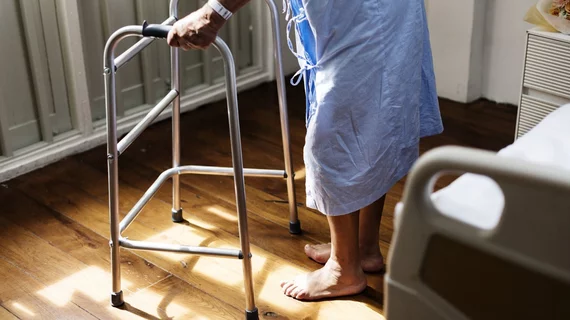Medtronic taps Viz.ai to help equip stroke centers with AI diagnostics
Medical-device giant Medtronic is partnering with Viz.ai to offer stroke centers capabilities for automatically flagging large vessel occlusions while the patient is still on the bed of a CT scanner.
Such occlusions, or LVOs, are strokes caused by a blockage in one of the major arteries of the brain. If not caught quickly, LVOs may lead to permanent neurological impairment.
Medtronic announced the partnership Monday, saying it will distribute Viz.ai’s existing LVO detection and triage software services.
The software is already in use in more than 200 hospitals, and the companies hope to make it available to every stroke center in the U.S., according to the announcement.
Since it connects directly to CT scanners, the software can quickly alert stroke specialists with the images and a HIPAA-compliant call to action sent straight to physicians’ smartphones.
In preparing the announcement, Medtronic obtained a quote from Elad Levy, MD, chair of neurosurgery at the University of Buffalo’s Jacobs School of Medicine.
The Viz.ai LVO software “facilitates synchronization of stroke care with great potential to impactfully reduce door-to-needle time and help an increased number of patients,” says Levy, who has no financial ties to Viz.ai, according to the announcement.
Medtronic, which markets a device that retrieves blood clots in patients suffering a stroke due to an LVO, notes that stroke is the top cause of disability in the U.S.

